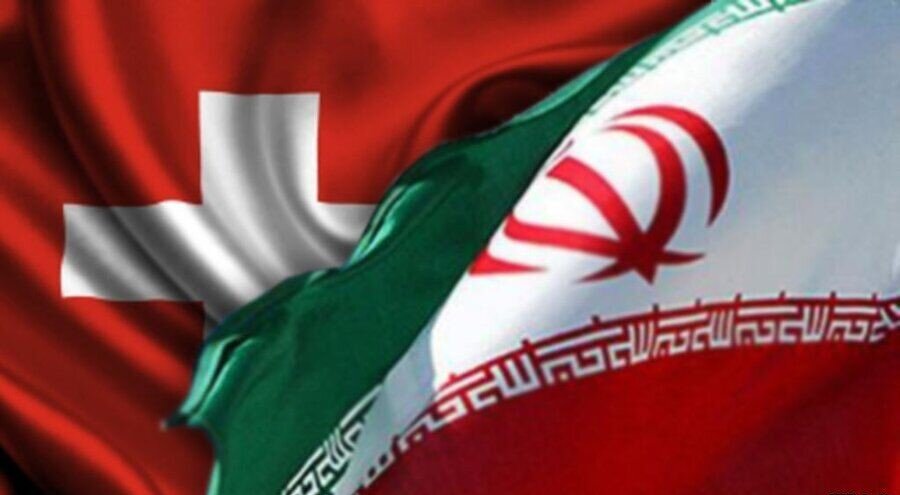Iran, Switzerland seek to boost sci-tech co-op

TEHRAN- The Iranian deputy science minister, Peyman Salehi, and the Swiss secretary of education, Martina Hirayam, discussed ways to boost cooperation between the two countries in the field of science and technology.
The officials met on the sidelines of the 20th annual meeting of Science and Technology in Society (STS) which was held from October 1 to 3 in Kyoto, Japan.
In this meeting, the officials reviewed the history of scientific and technological communication between the two countries, which has been done in the past years through the International Scientific Cooperation Center of the Ministry of Science, Isfahan University of Technology, Swiss Science Foundation (SNSF) and Zurich University of Applied Sciences.
Inaugurating a chair of Persian language and Iranian studies (Iranology) in Switzerland, granting scholarships to Swiss students to learn Persian language in Iran, supporting the implementation of joint research projects, especially by the Swiss Science Foundation, and the exchange of professors and students were among highlighted issues considered for enhancing cooperation.
Science diplomacy
In July 2022, Salehi said despite U.S. sanctions, the international activities of Iranian scientists have increased year by year so that more than 35 percent of Iranian articles in Scopus have been multi-national projects.
Science diplomacy is the use of scientific collaborations among nations to address common problems and build constructive international partnerships.
It is a form of new diplomacy and has become an umbrella term to describe a number of formal or informal technical, research-based, academic, or engineering exchanges, within the general field of international relations.
The national budget bill for the current Iranian calendar year 1402, which started on March 21, has earmarked about 37 trillion rials ($75 million) for science and technology.
The bill increased the budget by 35 percent compared to the past year’s budget, ISNA reported.
The Vice Presidency for Science and Technology was formed in 2006 with the aim of creating an environment for supporting knowledge-based companies and providing the ground for the development of technological industries.
A total of 8,034 knowledge-based companies have so far been established across the country.
Leader of the Islamic Revolution Ayatollah Seyyed Ali Khamenei designated the current Iranian calendar year as the year of “Production: Knowledge-Based and Job-Creating.”
Over the past couple of years, the concept of a ‘knowledge-based company’ has changed to a ‘knowledge-based society’, meaning that supporting knowledge-based companies will lead to many social and economic advantages for the public.
The Leader reemphasized the importance of boosting domestic production, as he had done in past years, saying the reason he placed so much emphasis on production was “because it boosts economic growth, it creates employment, it reduces inflation, it increases per capita income and it improves public welfare.”
To this end, the Vice Presidency for Science and Technology has executed and supported several projects toward the goal of boosting knowledge-based production.
Moreover, the development of an innovation ecosystem is on the agenda, according to which 65 houses of innovation have been set up across the country.
The Innovation and Prosperity Fund has paid a total of 240 trillion rials (nearly $500 million) to support knowledge-based companies over the [Iranian calendar] year 1400 (March 2021-March 2022).
STS forum 2023
The Science and Technology in Society (STS) forum, inaugurated in November 2004, holds an annual meeting starting on the first Sunday of October every year, in Kyoto, Japan.
The STS forum is an opportunity to discuss how science and technology will impact the future health and sustainability of the planet.
It aims to provide a new mechanism for open discussions on an informal basis and to build a human network that would, in time, resolve the new types of problems stemming from the application of science and technology.
The forum community also explores the opportunities arising from science and technology and addresses how to remove the barriers to using science and technology to solve the problems facing humankind.
The 20th Annual Meeting of the Science and Technology in Society forum took place with the participation of nearly 1,500 global leaders in science and technology, policymaking, business, and media from over 80 countries, regions, and international organizations.
MT/MG
